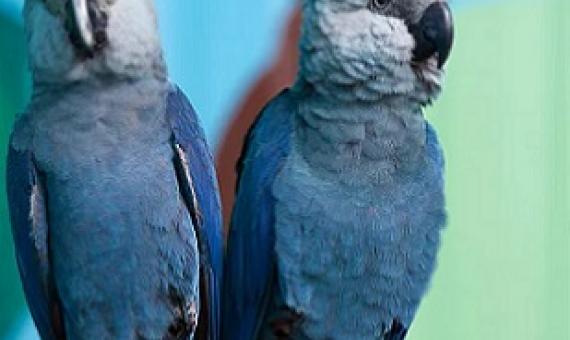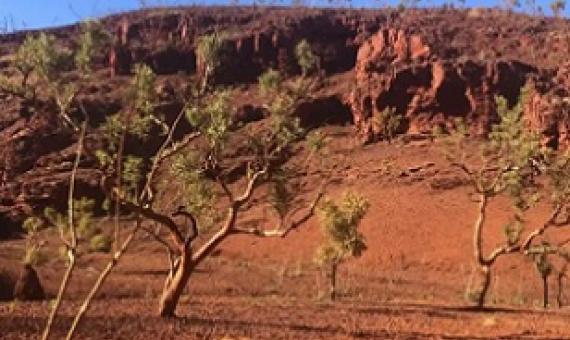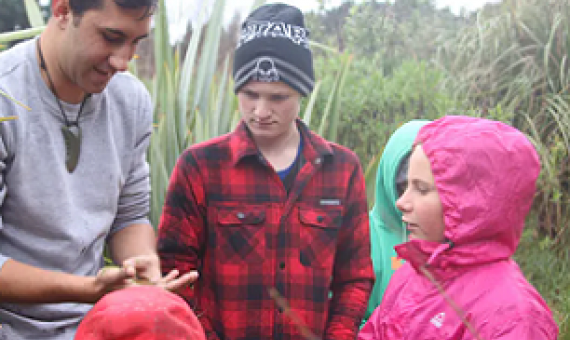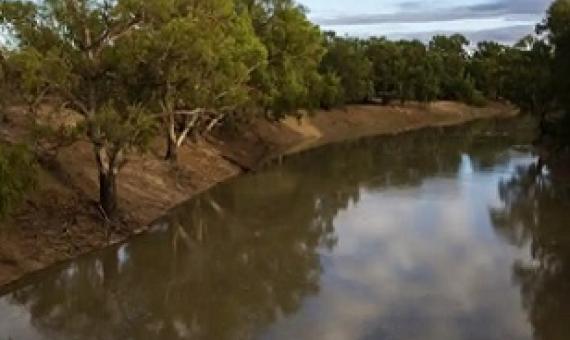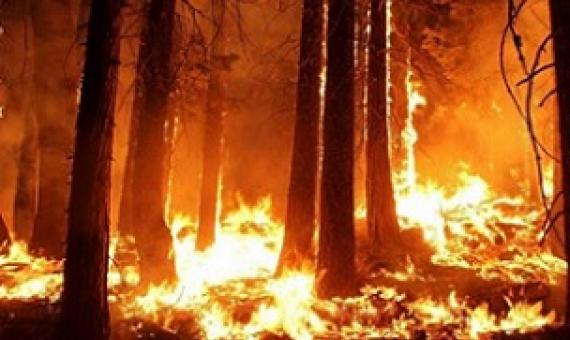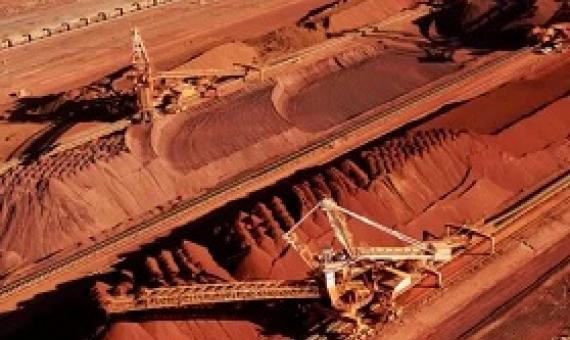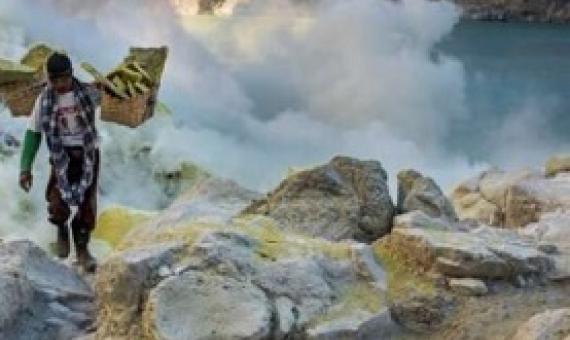Humans are dismantling and disrupting natural ecosystems around the globe and changing Earth’s climate. Over the past 50 years, actions like farming, logging, hunting, development and global commerce have caused record losses of species on land and at sea.
Sinking Islands, Drowned Logic; Climate Change and Community-Based Adaptation Discourses in Solomon Islands
The saltwater people of Solomon Islands are often portrayed to be at the frontline of climate change. In media, policy, and development discourses, the erosion and abandonment of the small, man-made islands along the coast of Malaita is attributed to climate change induced sea-level rise. This paper investigates this sinking islands narrative, and argues that a narrow focus on the projected impacts of climate change distracts attention and resources from more pressing environmental and development problems that are threatening rural livelihoods.
Amplifying indigenous voices
Indigenous peoples are fighting the COVID-19 pandemic daily, taking strong measures to protect their communities and territories from this virus. In these times, historical exclusions affecting rights to basic services and health infrastructure have become more acute, making indigenous peoples an extremely fragile and vulnerable section of society in this pandemic. In addition, attempts to appropriate traditional lands, territories and resources and open up areas for mining and commercial exploitation continue in certain regions.
More than 100 ancient Aboriginal sites in Western Australia – some of which date before the last ice age – could be destroyed by mining companies which have already obtained legal permission to do so.
...centring Indigenous peoples, knowledge and practices achieves better results for wildlife translocations. Moving plants and animals to establish new populations or strengthen existing ones can help species recovery and make ecosystems more resilient.
Aboriginal people hold less than 1% of all water licences in Australia, a form of economic and cultural dispossession that needs urgent redress, according to a major study of water rights in the Murray-Darling Basin. Researchers from Griffith University found Aboriginal water entitlemen
In their zeal to promote the importance of climate change as an ecological driver, climate scientists increasingly are ignoring the profound role that indigenous peoples played in fire and vegetation dynamics, not only in the eastern United States but worldwide, according to a Penn State research
Mining giant BHP Billiton is poised to destroy at least 40 – and possibly as many as 86 – significant Aboriginal sites in the central Pilbara to expand its $4.5bn South Flank iron ore mining operation, even though its own reports show it is aware that the traditional owners are deeply oppose
A toolkit to support conservation by indigenous peoples and local communities: Building capacity and sharing knowledge for Indigenous Peoples’ and Community Conserved Territories and Areas (ICCAs)
Local communities and indigenous peoples make substantial contributions to global conservation efforts and sustainable development. While these communities are often the primary ‘resource stewards’ who rely on ecosystems to meet food security, livelihood and health needs, their contribution to the achievement of global conservation targets have not yet been fully recognized...This toolkit presents a selection of practical resources, developed by numerous organisations, making them readily accessible to community-based organisations who manage ICCAs.
A new study from the University of Helsinki presents the current state of knowledge on the exposure and vulnerability of indigenous peoples to environmental pollution, reviewing the innumerable impacts that pollution poses on Indigenous communities from all over the world.

